Drugs for life problems can help with symptoms short-term, but aren’t often needed long-term. Drugs for diseases provide long-term benefits. Making that distinction is key to effective and safe psychopharmacology.

Dr. Nassir Ghaemi, Chief Medical Officer
Psychiatric care sometimes is criticized for being too biological and too drug-focused. Sometimes it is criticized for being too psychological and too psychotherapy-focused. Many people can’t get psychiatric care; many who get it don’t improve.
Our perspective, which we call biohumanistic, originated and pioneered by our CMO Dr. Nassir Ghaemi, takes the view that a biological approach and drug treatment is not inherently wrong; neither is a psychological approach and psychotherapy treatment. The key is to identify who needs which approach, based on whether a psychiatric disease is present or not.
Biohumanistic approaches to care given to those patients who do not benefit from standard practice is based on solid scientific research, on the best studies of diagnostic concepts, on randomized clinical trials of medication efficacy wherever possible, and on the best treatment data available when randomized studies are not present. This approach is scientific and humanistic, not just one or the other.
Our patients can have more efficient access to care, and access to highly trained clinicians, but they also receive the best care. They receive not only the standard treatment approaches that tend to be provided in general psychiatric practice; they receive augmented care with a biohumanistic focus for those people who do not benefit from standard treatment approaches.
In all cases, our treatment is based on the best available scientific evidence, with a willingness to take new approaches when prior ones fail. InSite Health provides not only convenient, efficient, and qualified psychiatric care — It provides innovative approaches based on scientific research.

